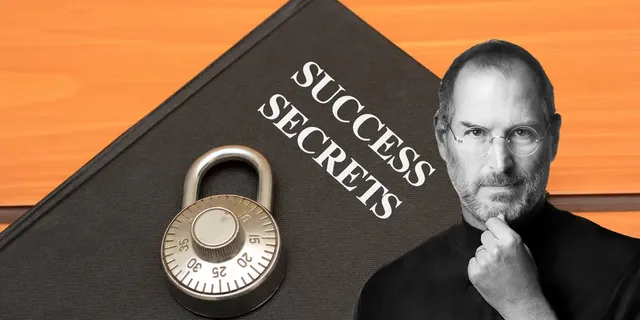Steve Jobs’ 2-hour rule: Think deeper, lead smarter steve-jobs-2-hour-rule-en

Advertise with Us Advertise with us Now Reading: STEVE JOBS’ 2-HOUR RULE: THINK DEEPER, LEAD SMARTER Advertise with us PRODUCTIVITY Steve Jobs’ 2-hour rule: .........Think deeper, lead smarter Want to think like Steve Jobs? It’s weirdly simple and kind of genius. Uncover the 2-hour rule that could change your brain forever. Aasma Khan 375 Stories Monday May 05, 2025 , 4 min Read FOLLOW US As an entrepreneur, you're constantly the juggling strategy, sales, product, and people, wearing a dozen hats before noon. But what if the secret to your next big idea isn’t working harder, but thinking deeper? That’s exactly what Steve Jobs believed. He wasn’t just a pioneer of technology. He was a master of mental space. Behind his iconic innovations was a surprisingly simple, quiet discipline: the 2-hour rule. While most people fill their calendars with back-to-back tasks, Jobs deliberately blocked off time to do something radically underrated: think. Deep, uninterrupted thinking was his competitive edge. And it can be yours, too. In this article, we’ll break down the 2-hour rule and show you how it adopting it can unlock your creative genius, sharpen your decision-making, and elevate your entrepreneurial game! What is Steve Jobs' 2-hour rule? The 2-hour rule is rooted in intentional, uninterrupted thinking. According to those close to Jobs, he would often spend long, scheduled periods walking alone or in deep thought. These weren’t breaks, they were strategy sessions with his mind. Jobs famously took long walks to think through complex problems, refine ideas, and envision the future. He would block off time, typically around 2 hours, just to think. No distractions, no meetings, no emails. This deliberate practice of scheduling “thinking time” allowed Jobs to big connect dots, simplify ideas, and challenge conventional wisdom. It’s where innovation was born. Why thinking time unlocks genius Most people are too busy reacting to emails, meetings, and deadlines. But genius isn’t reactive. It’s reflective. Thinking time creates not space for: Clarity: Stepping back allows your mind to see patterns and connections that are invisible in the daily rush. Originality: Creativity requires mental whitespace. Constant input leaves no room for your voice. Strategic Insight: When you're not stuck in the weeds, you can see the bigger picture and spot better paths forward. Jobs understood that to create something different, you have to think differently. And thinking differently.